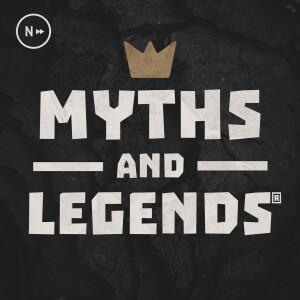

One of my favorite stand-alone essays by C S Lewis. His usual incisiveness is evident here, cutting through the noise and smoke and grounding the discussion in fundamentals.
In our pluralistic society we fancy that our "modern" understanding has revealed a variety of discrete ethical codes from which we might choose. This is a lie. There are no new ethics:
- "Let us very clearly understand that ... it is no more possible to invent a new ethics than to place a new sun in the sky. Some precept from traditional morality always has to be assumed.... New moralities can only be contractions or expansions of something already given. And all the specifically modern attempts at new moralities are contractions. They proceed by retaining some traditional precepts and rejecting others: but the only real authority behind those which they retain is the very same authority which they flout in rejecting others. Of course this inconsistency is concealed; usually ... by a refusal to recognize the precepts that are retained as moral precepts at all."
The impulse to limit, or pare down morality by exalting one injunction above the others leads to ideology, to identity politics as we see it so prevalently in today's world. This impulse, Lewis rightly tells us, is built on a lie concerning the nature of morality itself, which is universal, not particular. It is a built-in feature of the cosmos, and if it is not that, it is nothing at all:
- "You are deceived in thinking that the morality of your father was based on Christianity. On the contrary, Christianity presupposed it. That morality stands exactly where it did; its basis has not been withdrawn for, in a sense, it never had a basis. The ultimate ethical injunctions have always been premisses, never conclusions. Kant was perfectly right on that point at least: the imperative is categorical. Unless the ethical is assumed from the outset, no argument will bring you to it."
The ideological view of morality that makes it relative and consequentialist finds its modern foundation in the philosophy of Hegel. I invite all my listeners to my extended treatment of Hegel in the Christian Atheist podcast. Christians must become aware both of the origin and the nature of the threat to theism in our modern world.
If you'd like to support us, donate through Paypal at Romanschapter5@comcast.net
More Episodes
All Episodes>>Creat Yourt Podcast In Minutes
- Full-featured podcast site
- Unlimited storage and bandwidth
- Comprehensive podcast stats
- Distribute to Apple Podcasts, Spotify, and more
- Make money with your podcast














